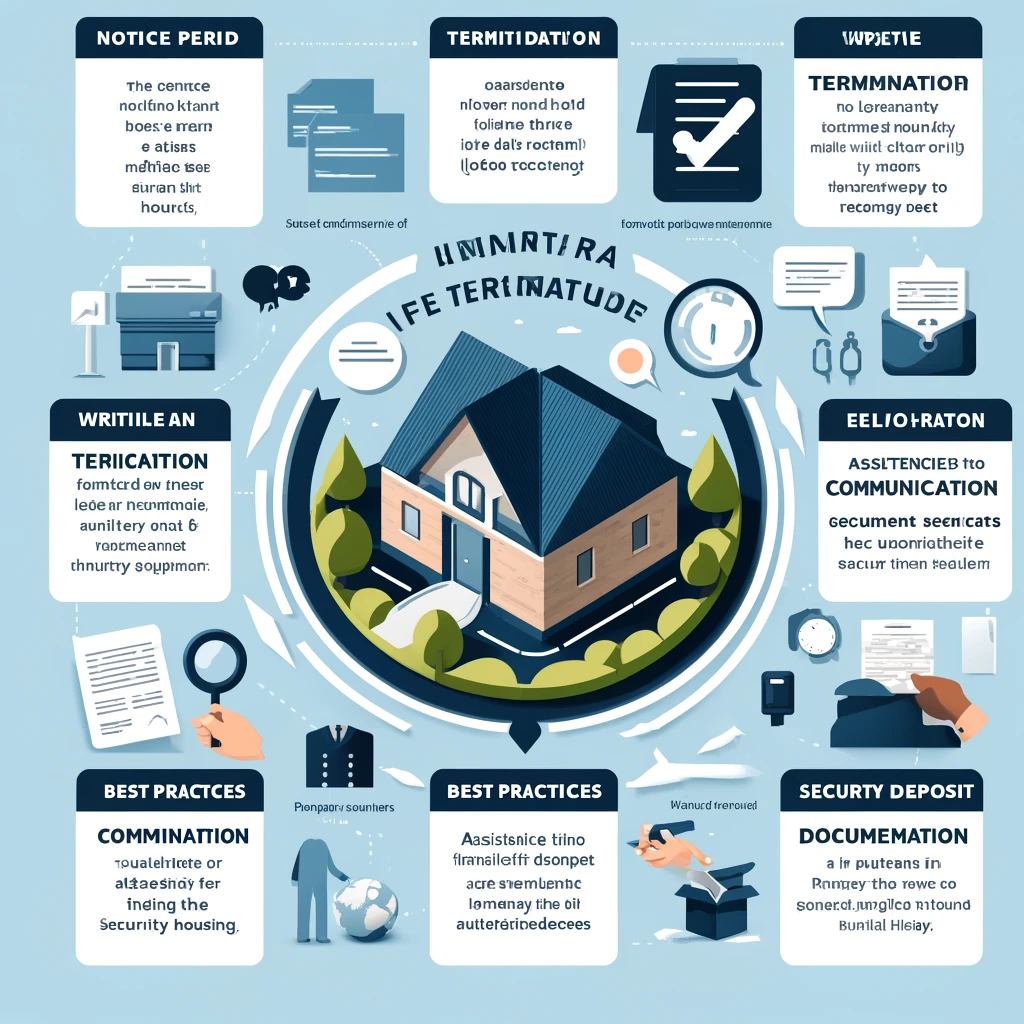Navigating the Termination of Lodger Agreements: A Legal Guide

Lodger agreements hold a unique place in the realm of rental arrangements, offering a flexible housing solution for many. Unlike traditional tenant-landlord relationships, lodger arrangements often occur within the landlord's primary residence, necessitating a different approach to agreement termination. This comprehensive guide explores the intricacies of terminating lodger agreements, highlighting legal considerations, essential steps, and best practices for a smooth transition, supplemented with authoritative .gov, .edu, and Wikipedia links for enhanced credibility.
Understanding Lodger Agreements
A lodger agreement is a legal contract between a property owner (often referred to as the landlord) and an individual who rents a room within the property (the lodger). These agreements typically grant the lodger the right to use certain communal areas of the home, such as the kitchen and living room. Given the shared living situation, terminating a lodger agreement requires careful consideration and adherence to legal protocols.
Legal Framework for Lodger Agreements
The legal framework governing the termination of lodger agreements varies by jurisdiction but generally emphasizes the importance of clear communication, notice periods, and respecting the rights of both parties. For specific legal guidance, resources such as the U.S. Department of Housing and Urban Development and state-specific housing authority websites offer valuable information.
Key Components of a Lodger Agreement Termination
Notice Period
Providing adequate notice is crucial in the termination process. The required notice period often depends on local laws and the terms of the lodger agreement itself. Typically, a notice period of 30 days is standard, allowing lodgers sufficient time to find alternative accommodations.
Reason for Termination
While landlords may not need to provide a reason for terminating a lodger agreement, doing so can help maintain a positive relationship and minimize disputes. Acceptable reasons might include the lodger's breach of agreement terms, the landlord's need for the space, or other personal reasons.
Written Notice
Delivering a written notice of termination to the lodger ensures clarity and provides a record of the communication. This notice should include the termination date and any reasons for the decision. For guidance on drafting a notice, legal template resources are available through educational platforms like Cornell Law School's Legal Information Institute.
Best Practices for a Smooth Termination
Open Communication
Maintaining open lines of communication throughout the termination process can help address any concerns or questions the lodger may have, facilitating a more amicable departure.
Assistance in Finding Alternative Housing
Offering assistance in finding alternative accommodations, whether through recommendations or resources, can ease the transition for the lodger.
Return of Security Deposit
Ensure the prompt return of any security deposit to the lodger, subject to the condition of the room and any agreed-upon deductions. This practice is not only a legal requirement in many jurisdictions but also fosters goodwill.
Document Everything
Keep detailed records of all communications, notices, and agreements related to the termination process. This documentation can be crucial in the event of disputes or legal challenges.

Create & Review Your Contracts 10x Quality and Ease
Lawyer-level AI handles all your contract needs, with real lawyers providing safeguarding support

Navigating Disputes and Legal Challenges
Despite best efforts, disputes may arise during the termination of a lodger agreement. Legal mediation services or consultation with a housing lawyer can help resolve conflicts effectively. Resources such as FindLaw provide access to legal professionals experienced in housing law.
Conclusion
Terminating a lodger agreement involves careful legal and personal consideration. By adhering to the legal requirements, employing best practices for communication and assistance, and approaching the process with empathy, landlords can ensure a respectful and smooth transition for their lodgers. For further exploration and legal templates, consulting with a housing lawyer and leveraging online legal resources is advisable.

